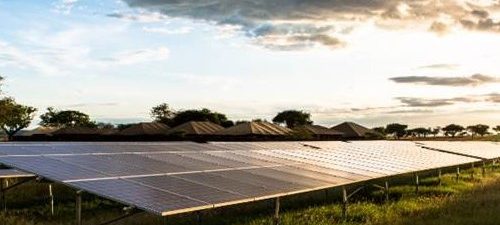After a strong start in the first quarter of the year, European stock markets have been consolidating but the core holdings of our Smaller European Companies strategy continue to benefit from economic growth across the region. Small cap stocks have coped with the strengthening Euro but further gains may start to have a negative impact on the competitive position of European exporting companies. The EUR106 million strategy, launched in 2007, is invested in 63 listed, partially family-owned European Smaller Companies.
Swiss online broker Swissquote has been a standout contributor to the strategy, rising 25% after it reported net profits up 61% for the first half of the year. This was thanks to a rise in equity transactions in the domestic Swiss market, dynamic growth of its foreign exchange trading activities in Asia, a rise in overall assets under management and continued expansion in its fintech services activities. Swissquote’s profits are still being penalised by negative interest rates, so returns could significantly improve in a normalized interest rate environment. The shares still offer good value and the company is likely at some point to become a target for a large bank willing to fund an upgrade in its digital technology capability.
Another exceptional performer for the strategy has been German solar inverter maker SMA Solar. Its share price has suffered on fears around a slowdown in the Chinese solar market, which might have prompted Chinese firms to undercut competitors in the international markets. But the share rose 21% in August as the company reported its order book was up 40% in H1, and suggested continued growth for the rest of this year and into 2018. The solar market recovery is already gathering pace and SMA Solar, with its high-spec inverters, is well positioned to increase its share of value added installations. This was a contrarian purchase last year as the net cash on SMA Solar’s balance sheet covered half the stock market capitalisation. But continual cash generation has added to the substantial cash balance, which still represents one third of the market cap.
Other positive contributors to the strategy’s performance have been German foundations specialist Bauer, which rose 16% following the publication of a 21% growth in sales and a 40% rise in profits as the construction sector recovers. Italian gas cooker components maker Sabaf, swimming pool equipment maker Fluidra and the Selci family’s woodworking equipment maker Biesse also delivered.
Weak performers were mostly profit-taking after a strong run. They included French fastener supplier LISI, Portuguese holding company Sonae Capital and Swedish cosmetics company Oriflame. Disappointing H1 results hit the strategy’s holding in Swiss media content protection company Kudelski, whose share fell 19% over the period. Andre Kudelski’s strategy of using a declining cash cow (access to pay TV services) to finance expansion into another more promising avenue (digital security know-how), where the company has competitive advantage, is sound. But his plans need to be better communicated to investors if they are being asked to wait up to three years for substantial profitability. The portfolio managers consider the firm offers value after the recent sell off, particularly in the portfolio of 5,300 patents which Kudelski is starting to turn into a cashflow generator.

